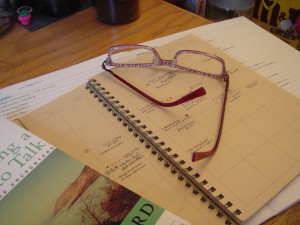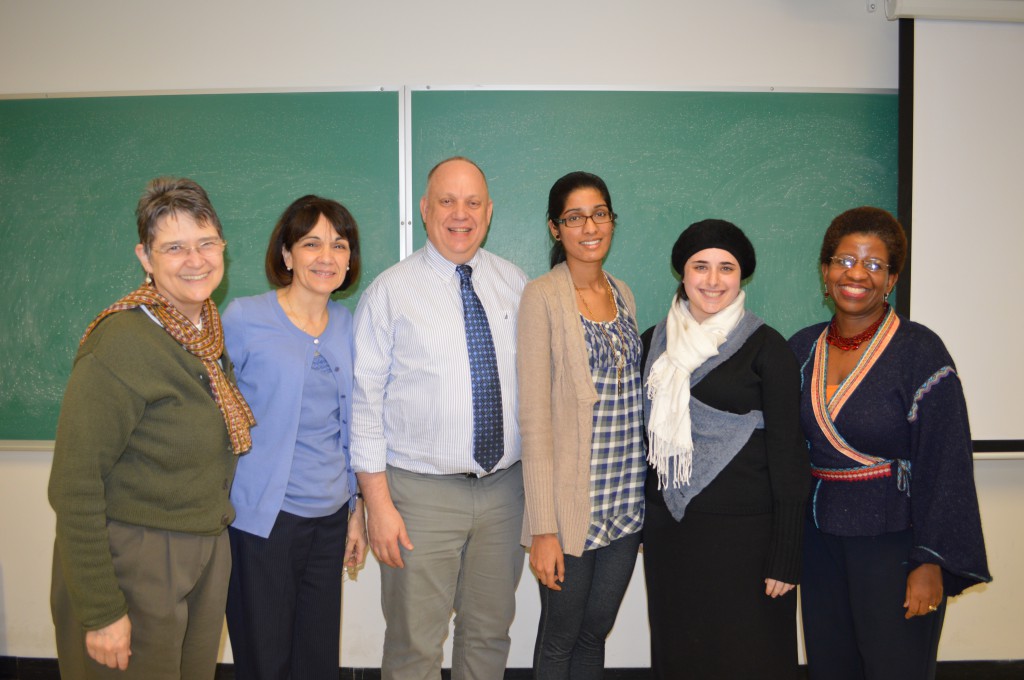There are many aspects of college life that contribute to varying degrees to a student’s success. Of course, a student’s primary responsibility is to his or her classes, but it is important not to ignore the extracurricular activities available on campus and off. Academic research studies have consistently proven that students who are involved in college life in more ways than just their classroom have proven to be more successful in their time as undergraduate college students. Many students hesitate to participate in these activities because of a fear that their classroom performance will suffer. While this is a valid concern, if a student maintains the proper balance between academic and social activities, they have less of a risk of burnout and greater chances of achievement.
Students who participate in social functions on campus have the added benefit of socializing with other students on a regular basis as well as having the chance to network with students and professionals in their own field and those related to theirs. Many college activities also have a cultural or academic focus, allowing students to learn about their world in a more relaxed atmosphere. These lessons can then be correlated to classroom studies without much effort because the student has “lived” the experience.
Some specific upcoming opportunities for socializing, learning, and enhancing skills outside of the classroom are the following:
The 32nd annual Literary Arts Festival is scheduled for 5:30 today. This is a unique celebration of literature, students’ work and culture. This event is open to the public. This year, the guest speakers will be the director of Brooklyn Castle as well as a star character of this documentary. This is not an event to miss. In addition, there will be student performances and readings. Leading up to this festival, there was a writing contest with various submission categories. For more information abouty this event see the Literary Arts Festival page https://openlab.citytech.cuny.edu/literaryartsfestival/
Another opportunity to get involved in your college experience outside of the classroom is the new contest, “What Does Gen Ed Mean to You?” Students are asked to compile an audio/visual, graphic, or other artistic presentation to answer this question. One winner will be selected from each of the three schools in the college. The winner will receive a $250 cash prize. The winning submissions will also be used to promote General Education in the college. This is a great opportunity to start thinking about what general education is, why the college requires it, and how you benefit from it. For mor information and submissions, email the Gen Ed committee at genedcontest@gmail.com or visit the Gen Ed Contest page https://openlab.citytech.cuny.edu/groups/what-does-gen-ed-mean/
Other upcoming events include an end of semester bash by SGA, “Fun in the Sun”, on May 6 and graduation. Also, you can start attending clubs during the college’s designated club hours: Thursday 12:45-2:15
How will you make the most of your college experience?








